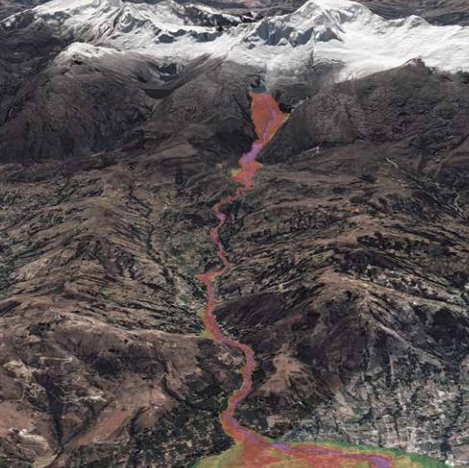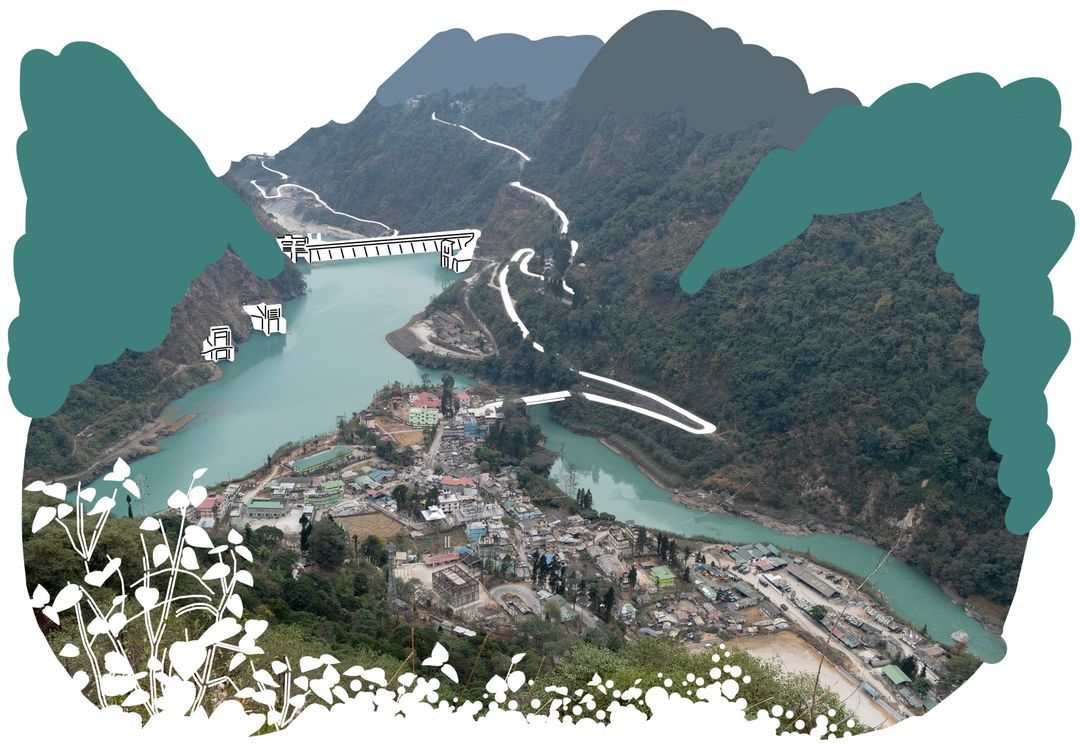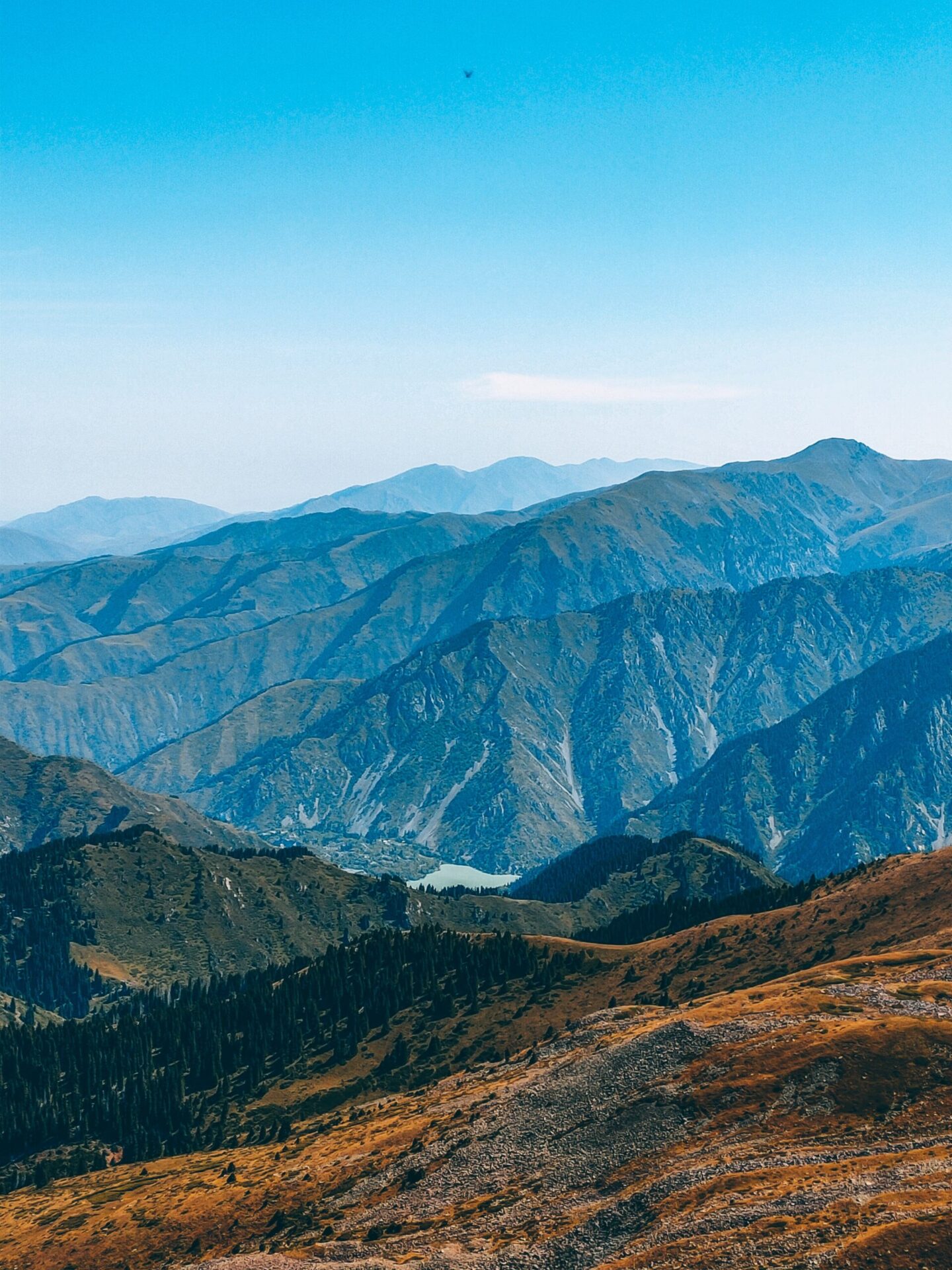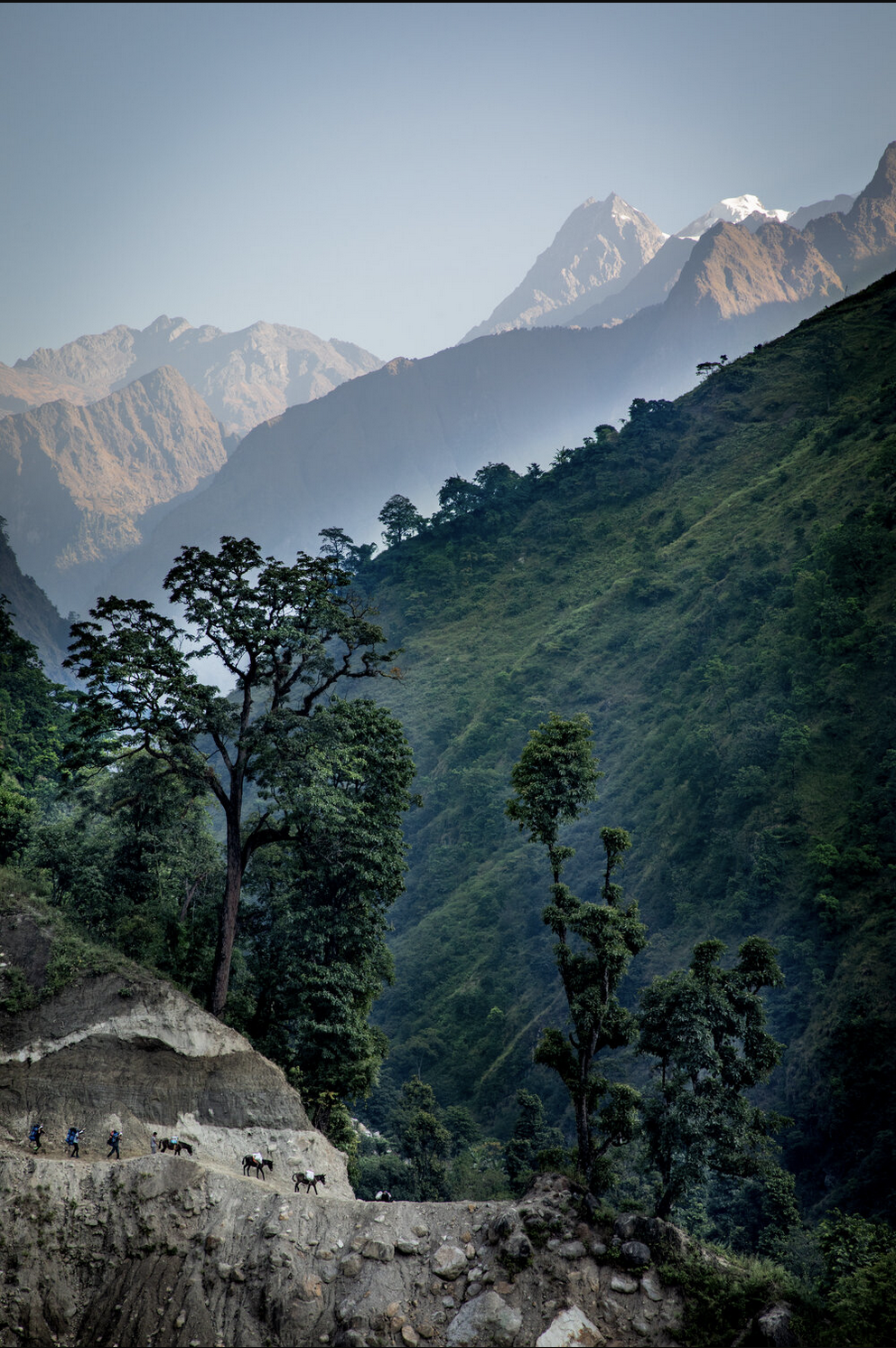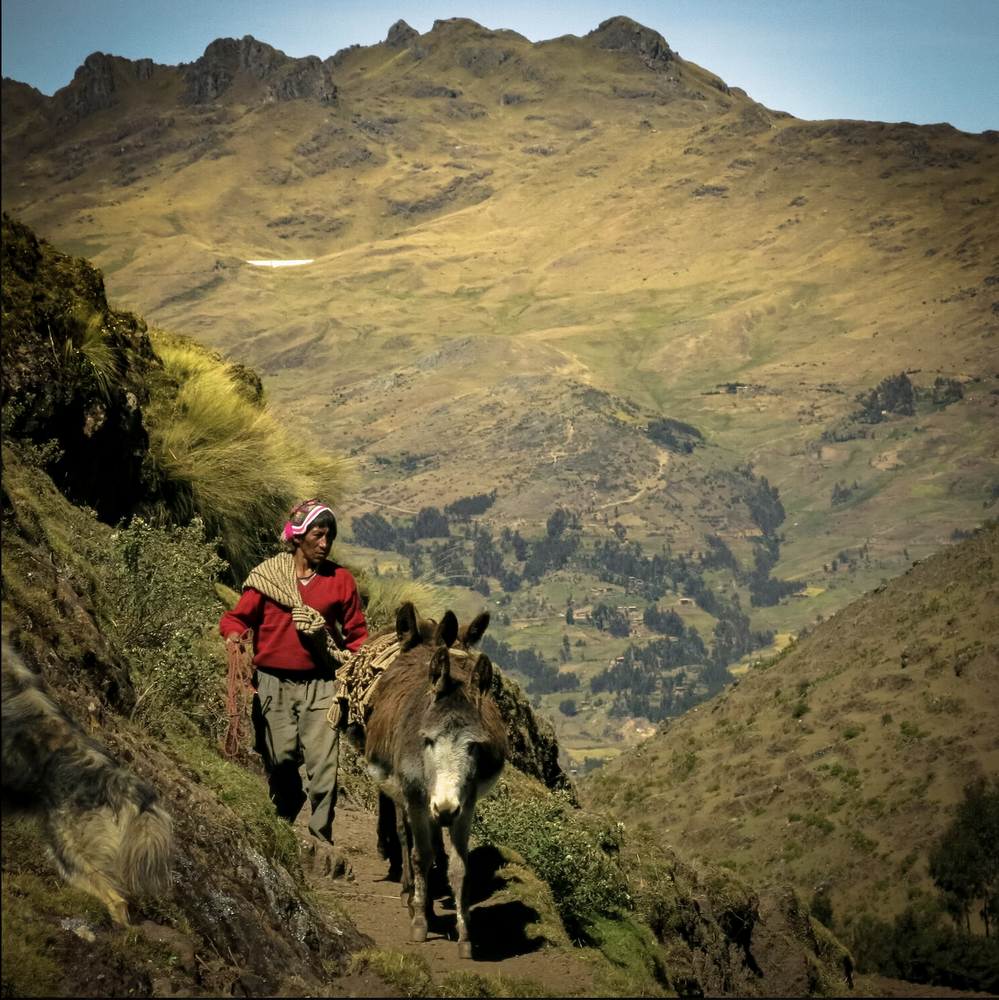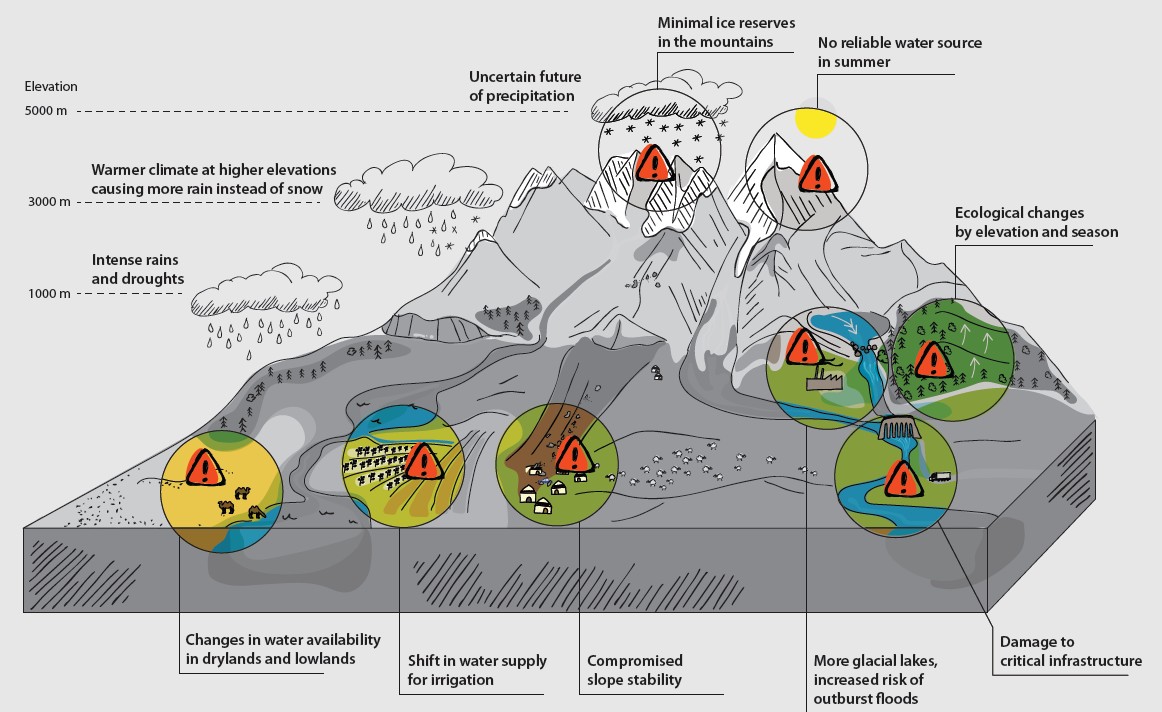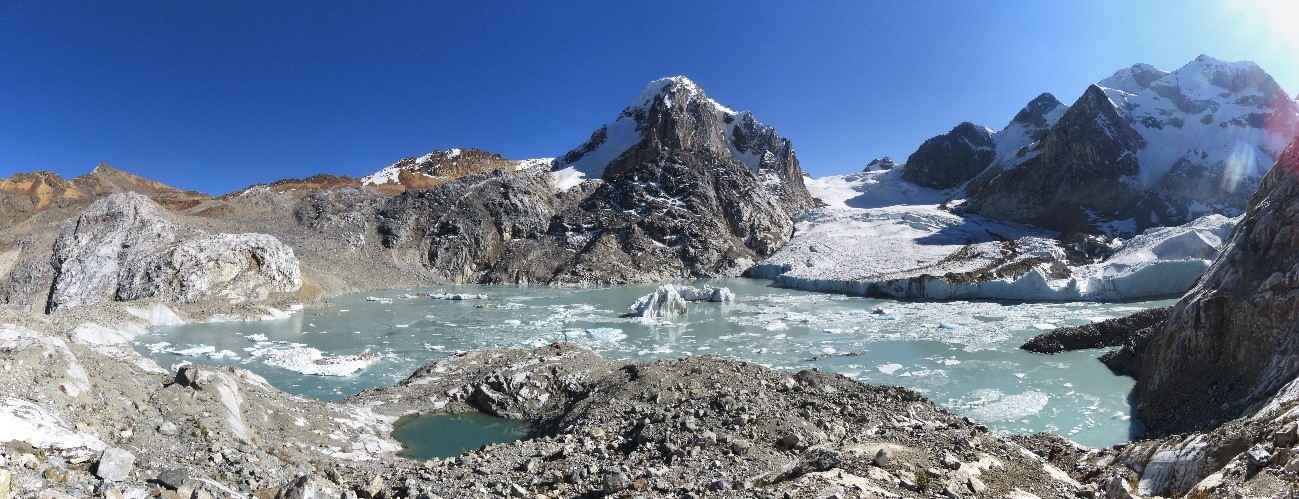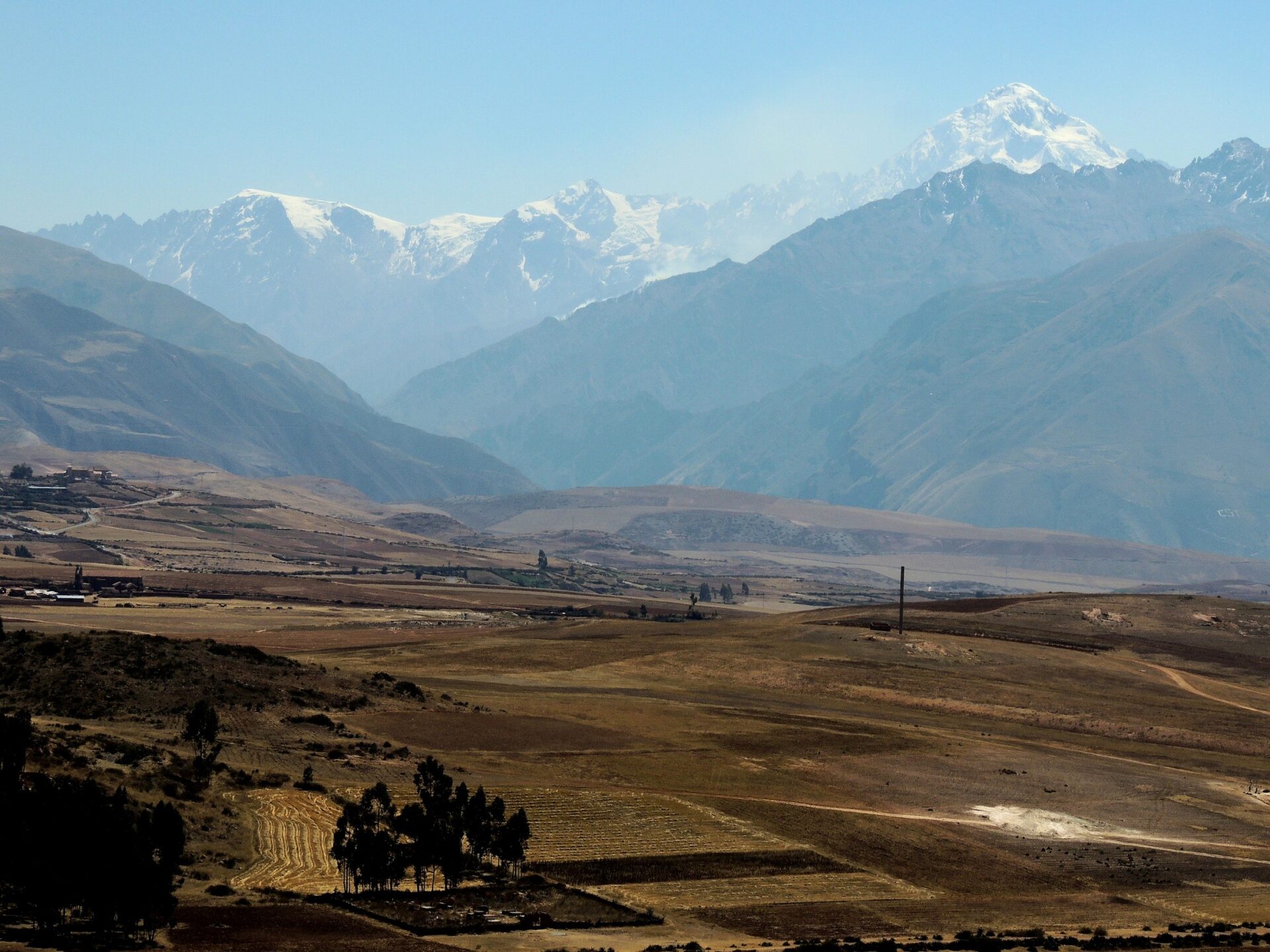UZH

With its 26,000 enrolled students, the University of Zurich (UZH) is Switzerland’s largest university. Founded in the year 1833, UZH was Europe’s first university to be established by a democratic political system; today, UZH is one of the foremost universities in the German-speaking world. Made up of seven faculties covering some 100 different subject areas, the University offers a wide variety of Bachelor’s, Master’s and PhD programs. In addition, UZH’s continuing education programs offer excellent learning opportunities.
Exceptional
As a member of the “League of European Research Universities” (LERU), the University of Zurich belongs to Europe’s most prestigious research institutions. Numerous distinctions highlight the University’s international renown in the fields of medicine, immunology, genetics, neuroscience and structural biology as well as in economics. To date, the Nobel Prize has been conferred on twelve UZH scholars.
Sharing Knowledge
The academic excellence of the University of Zurich brings benefits to both the public and the private sectors not only in the Canton of Zurich, but throughout Switzerland. Knowledge is shared in a variety of ways: in addition to granting the general public access to its twelve museums and many of its libraries, the University makes findings from cutting-edge research available to the public in accessible and engaging lecture series and panel discussions.
Department of Geography
Globalization, climate change and mobile information societies are at the heart of research and teaching of Geographers at the University of Zurich. We engage with topics of public relevance, be it in Switzerland, in Los Angeles, in remote mountainous regions, in rural areas of the global south, or in cyberspace. Close cooperation with private and public organizations ensures that our findings have real societal benefits.
“One Earth – many worlds” – the overarching departmental research theme is addressed along three main current research strands: Global Change Impacts on the Earth (Physical Geography), Globalized Worlds (Human Geography), and Geographic Information Science / Remote Sensing.

